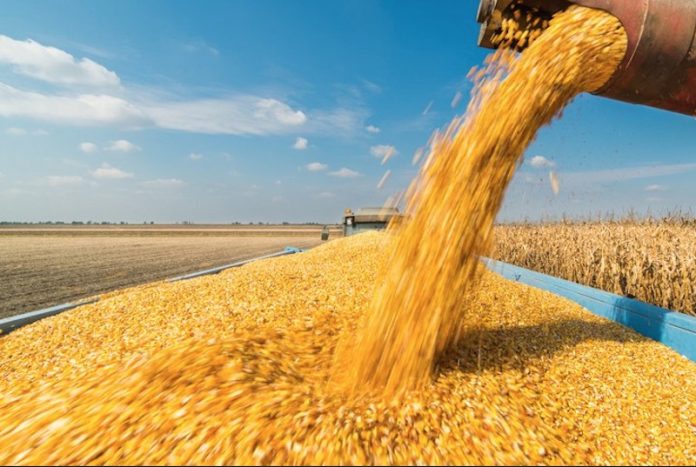Morocco is set to import 7.5 million tons of wheat this year, marking a 19% increase due to a significant 40% decline in its national harvest. According to a report by the FAO, “World Food Outlook,” this surge would position Morocco as the sixth-largest wheat importer globally. This rise in Moroccan imports constitutes the bulk of the increased demand in Africa, which is projected to reach a record 55.6 million tons, a 2.2% increase.
Global wheat production is expected to stagnate in 2024, with a slight decrease of 0.1%, totaling 787 million tons. Contributing factors include reduced harvests in Europe, Ukraine, Turkey, and the United Kingdom. In North Africa, drought conditions have severely impacted crops, leading to anticipated production drops in Morocco and Tunisia. Conversely, Algeria and Egypt are expected to maintain stable production levels, with Egypt remaining the world’s largest wheat importer.
The drought in North Africa has significantly influenced the region’s agricultural output, particularly in Morocco and Tunisia. Despite these challenges, Algeria and Egypt are predicted to sustain their current production levels. Egypt, in particular, will continue to lead as the top global wheat importer, underscoring its critical role in the international wheat market.
Morocco’s increased reliance on wheat imports highlights the broader issues of agricultural vulnerability and the need for strategic planning in response to climate change impacts. The country’s efforts to secure sufficient wheat supplies are crucial to maintaining food security and stabilizing domestic markets.





